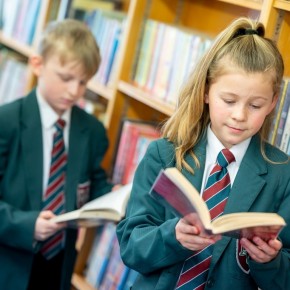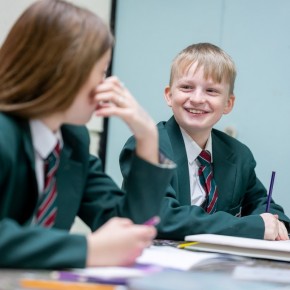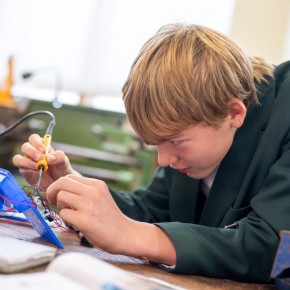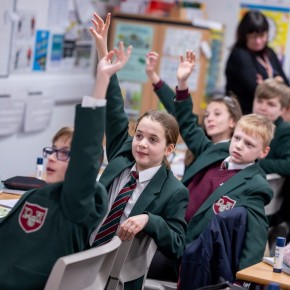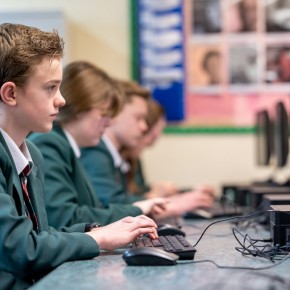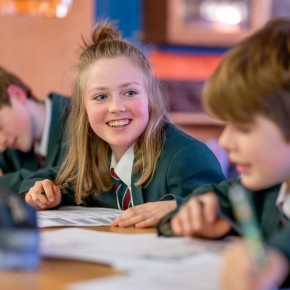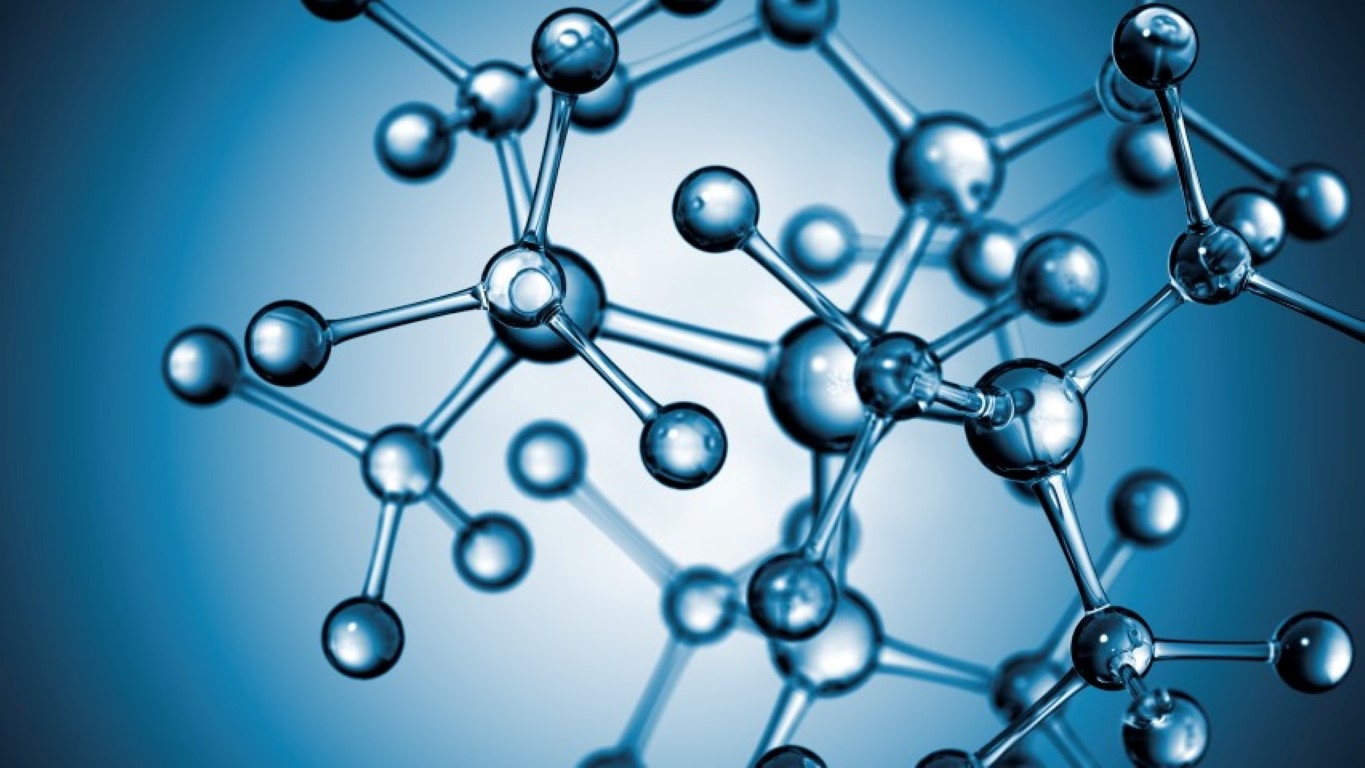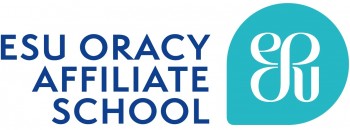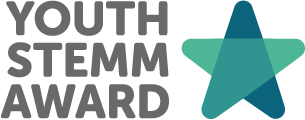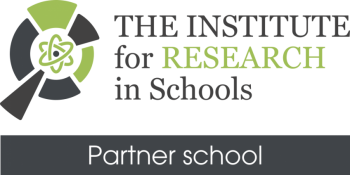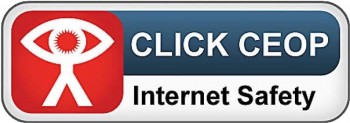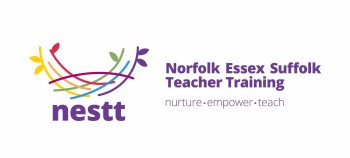Exam Specification:
Double Science AQA - Combined Science GCSE (8464)
Triple Science AQA - Biology GCSE (8461)
AQA - Chemistry GCSE (8462)
AQA - Physics GCSE (8463)
Students are taught by subject specialists in all GCSE’s and receive nine, one-hour Science lessons a fortnight in Year 10 and ten, one-hour Science lessons in Year 11.
In year 9 students will be able to choose whether they take the combined science or triple science GCSE course.
Combined Science
Students can continue to take science A-levels if they choose the combined science course, but they will need to aim for a grade 6 minimum to be accepted on most A-level science courses across Norfolk.
Number of GCSE’s awarded: 2
Tiers of Entry: Foundation or Higher, this has to be the same across all exams
Exams: Six 1 hour 15-minute exams, 2 in each specialist area.
Biology
Students will learn a range of fantastic science concepts including stem cells, many body systems, disease, plants, genetic engineering, complementing a future in sports science, medical services, nutrition, environmental science and agriculture.
Chemistry
In chemistry, students will learn about atoms, the Periodic table, bonding, chemical reactions, organic chemistry, metal extraction, water treatment and the environmental impact of human activities. This will complement a future career in environmental science, agriculture, fuels, food and forensics.
Physics
In physics students will study energy, electricity, particle model, radioactivity, forces, Newton’s laws of motion and waves. This will support a future career in agricultural engineering, architecture, computing, construction, plumbing, electrical work and sound engineering.
Triple Science
Number of GCSE’s awarded: 3
Tiers of Entry: Foundation or Higher, this can be different for each GCSE.
Exams: Six 1 hour 45-minute exams, 2 in each specialist area.
If students have a real passion and love for science, and if they would like to take science at A-level or beyond, then the triple science course would be suitable for them. Triple science will provide a stronger foundation for students who are very keen at learning science in the future. Past students who have undertaken this course have become doctors, engineers, astrophysicists, pharmacists, renewable energy sector workers, environmental science and marine biologist.
Students will learn the same content as the combined science but with some extra content in addition, some of which is listed below.
Biology
The brain, the eye, the kidneys, hormones, fertility, DNA structure, protein synthesis, food security, evolution as well as a deeper study of genetics.
Chemistry
Nanochemistry, deeper quantitative chemistry including atom economy in chemical reactions, fuel and chemical cells, alkenes, alcohols, polymerisation, ion tests and spectroscopy
Physics
Static electricity, gas and fluid pressures, uses and dangers of radioactive substances, nuclear fusion and fission, moments, wave uses and applications, lenses, black body radiation, applications of electromagnetism and space physics.
